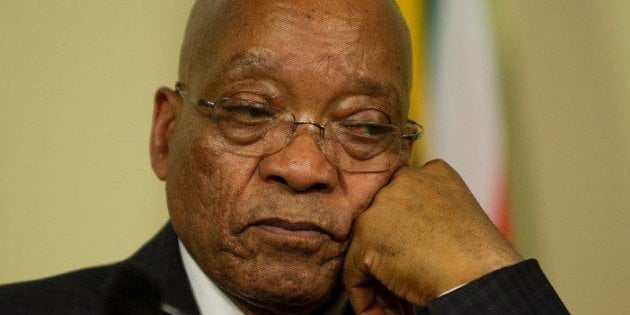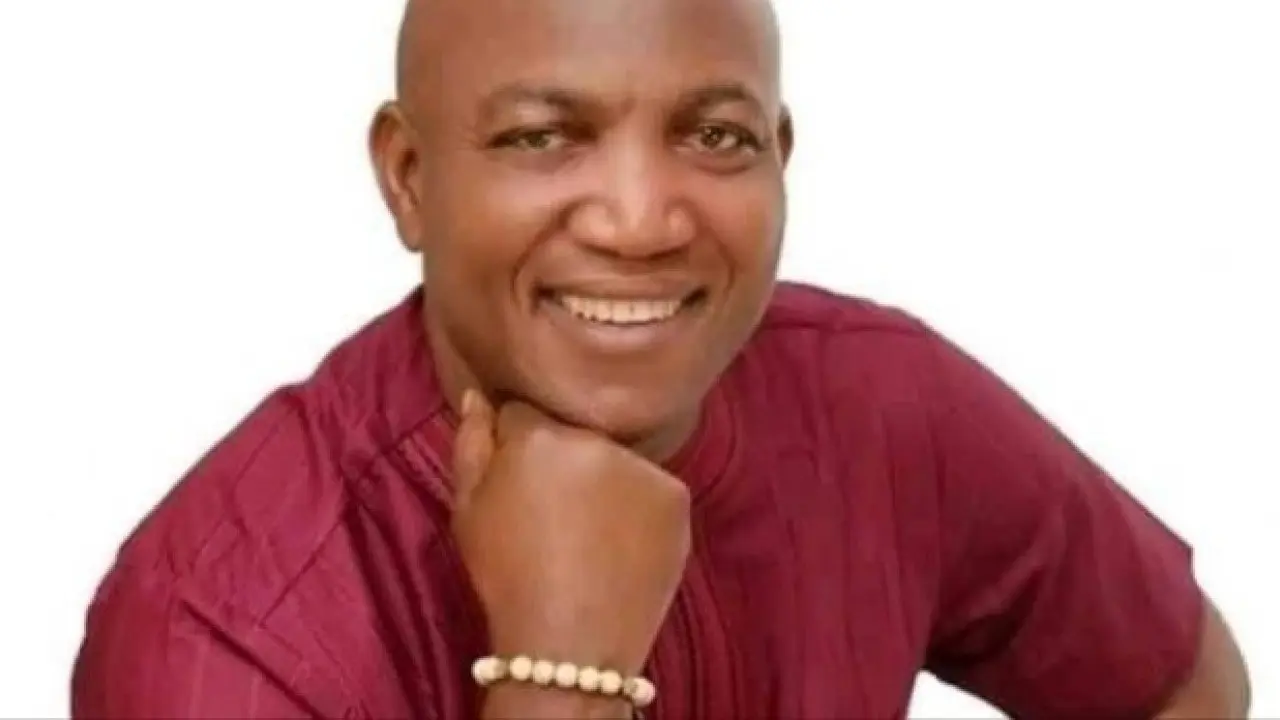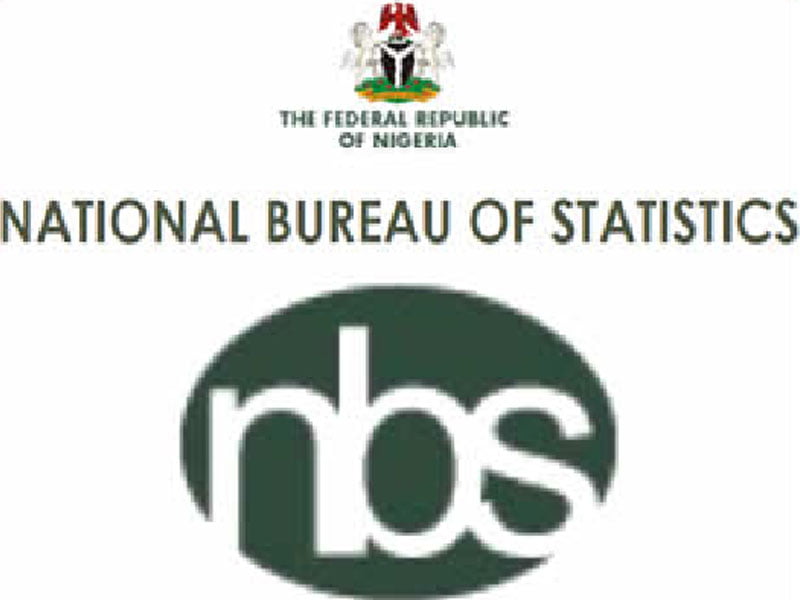South Africa’s ex-President Jacob Zuma travelled to Russia last week for health reasons, his foundation says.
“He will be returning to the country once his doctors have completed their treatment,” its statement said.
The announcement comes a day after the Constitutional Court upheld a ruling that Zuma was granted medical parole unlawfully in September 2021.
He had been released from prison after serving less than eight weeks of a 15-month sentence.
Zuma, now aged 81, had been jailed for failing to attend an inquiry into corruption during his presidency.
He was forced to resign because of the allegations in 2018 after nine years in office – but has repeatedly maintained he is the victim of a political conspiracy.
Mzwanele Manyi, spokesperson for the Jacob G Foundation, said it was issuing the information about Zuma’s trip to Russia because of media speculation.
“Although the trip was private, it was not a secret as incorrectly suggested,” he said, adding that Zuma and his team had travelled “on a commercial flight full of passengers”.
The statement ended without saying when the former president would be returning to South Africa: “The foundation wishes its patron good health and a safe return home whenever the doctors release him.”
At the end of last week, Zuma was in Victoria Falls in Zimbabwe, attending a conference on carbon credits where he represented a Belarusian company.
It is not clear whether the former South African leader will return to jail following the Constitutional Court’s ruling.
The prison service had gone to court for leave to appeal against an earlier ruling that he be sent back to prison. It said it was studying the judgement and would comment after seeking legal advice.
Zuma was initially given parole for an undisclosed medical reason by the former head of the prison service, Arthur Fraser, who is regarded as an ally of the former president.
The main opposition Democratic Alliance (DA) has welcomed the ruling, saying that it confirms that Zuma “belongs in jail”.
It said it was drafting a letter to the former president asking him to voluntarily surrender himself for arrest “within a reasonable time frame”.
He did hand himself in two years ago after he was sentenced for contempt of court following a public stand-off.
His jailing then sparked widespread unrest – the worst scenes of violence since the end of apartheid in 1994 when Nelson Mandela became the country’s first democratically elected president.
More than 350 people, mostly in Zuma’s stronghold of KwaZulu-Natal province, died in the protests.
It led to allegations that his allies were seeking to overthrow South Africa’s democratic government.
Zuma is also facing a separate corruption and fraud trial related to an arms deal in the late 1990s.







2 Comments